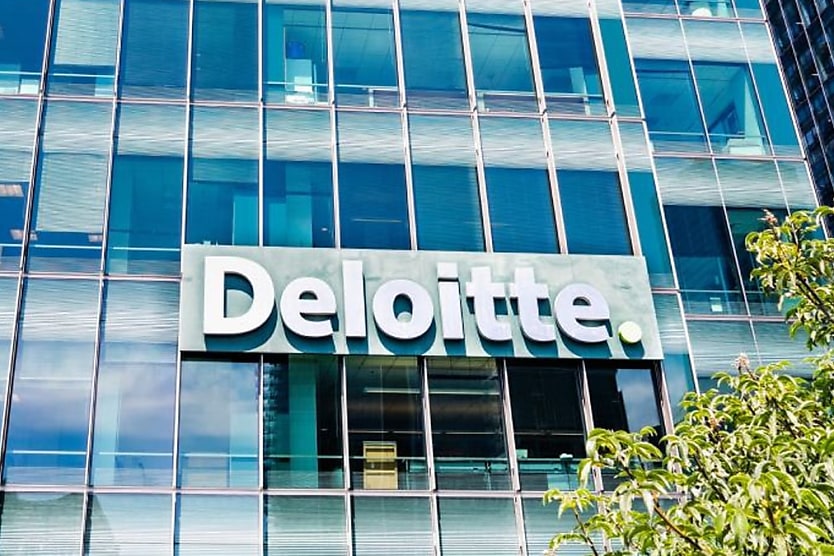Deloitte UK brings back face-to-face interviews to crack down on cheating
SHARE THIS ARTICLE

In the United Kingdom, a big four accounting firm is going back to in-person interviews after switching to fully online recruitment processes during the COVID-19 pandemic. Will Deloitte’s Australian offices follow suit?
After the Financial Reporting Council (FRC) made Deloitte aware of the potential risks associated with having a primarily online recruitment process, the big-time firm made changes to bring back in-person interviews for its UK graduate process.
As reported by The Australian Financial Review, online processes now have the tendency to be compromised by new technological advancements such as AI. Deloitte’s recruitment process, similar to a number of processes, has some form of testing, which, through online avenues, can be manipulated by graduates.
Graduates having the ability to cheat during these tests in the recruitment process can have a dramatic effect on the integrity of Deloitte’s brand – especially when the other members of the big four have made genuine attempts to mitigate such acts of cheating.
Concerns around the threat of AI in the recruitment process have long been an issue, and as the technology continues to advance, the threat is becoming very real.
With the big four being some of the largest graduate employers across the globe, having the potentiality that a major crux of your workforce possibly engaged in cheating tactics to land their job role could spell disaster, especially as annual audits continue.
AI in recruitment on both sides of the aisle is a worry, with there being many claims of AI tools directly discriminating against job applicants. AI bias in recruitment is a very real problem and has resulted in various lawsuits in the US.
“Despite algorithms aiming for objectivity and clarity in their procedures, they can become biased when they receive partial input data from humans. Modern algorithms may appear neutral but can disproportionately harm protected class members, posing the risk of agentic discrimination,” said Zhisheng Chen, author from Nanjing University of Aeronautics and Astronautics.
Reverting to having in-person interviews is a step forward for both parties, and it will be interesting to see going back to the way things were pre-COVID-19 becomes a new norm in the recruitment space.
HR Leader reached out to Deloitte Australia and asked if it would be following suit by bringing back in-person interviews for its interview process with young Australian graduates.
“With the exception of the COVID lockdown period, Deloitte has always used a combination of face-to-face and virtual assessment centres for our graduate recruitment process,” said chief human resources officer Tina McCreery.
The combination can offer a happy medium for organisations that have a high volume of applicants as they can use these new technologies as an assistance tool through this process. This, however, is where it’s imperative that organisations are ensuring that AI bias or discrimination isn’t leaking into their recruitment processes.
Then, once testing, and more formal introductions are needed, in-person interviews can offer that stability, which can dispel the chance of any form of cheating arising. Overall, a balance is needed in this process.
RELATED TERMS
The practice of actively seeking, locating, and employing people for a certain position or career in a corporation is known as recruitment.
Kace O'Neill
Kace O'Neill is a Graduate Journalist for HR Leader. Kace studied Media Communications and Maori studies at the University of Otago, he has a passion for sports and storytelling.

